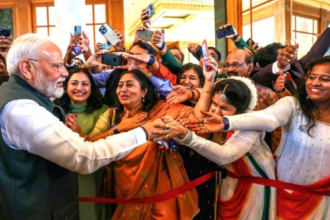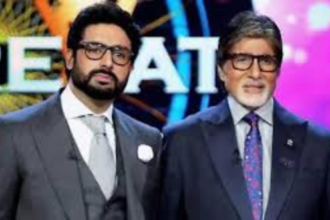The Central Government has informed the Supreme Court that it has received sensitive information, which is causing delays in appointing Chief Justices in various High Courts, despite the recommendations made by the Collegium.
This explanation was provided by Attorney General R. Venkataramani in response to a petition filed by advocate Harsh Vibhor Singhal. The petition demands that the Central Government should notify the appointments recommended by the Supreme Court Collegium within a specific time frame.
What the Attorney General Said
The petition suggests that if there are no objections or if the appointments are not notified within a specified period, they should be considered confirmed. The Attorney General clarified that disclosing sensitive information in the public domain is not in the best interest of the institution or the judges involved. He added, “I have received some confidential and sensitive information, which I would like to place on record.”
See here also : suspicious-bag-found-at-rg-kar-medical-college-bomb-threat-suspected
Next Hearing on September 20
The Supreme Court has scheduled the next hearing of this matter for September 20. In July, the Collegium had recommended the appointment of eight Chief Justices for various High Courts. Among them was Justice Manmohan, the Acting Chief Justice of the Delhi High Court, who was proposed to be the Chief Justice of the Delhi High Court. Other names included Justice M.S. Ramachandra Rao, Justice Rajiv Shakdher, Justice Suresh Kait, Justice Gurmeet Singh Sandhawalia, Justice Nitin Jamdar, Justice K.R. Sriram, and Justice Tashi Rabstan for different High Courts across the country.
Last Year’s Criticism by the Supreme Court
Last year, the Supreme Court, led by retired Justice S.K. Kaul, criticized the government for delaying the appointment of judges. This delay resulted in vacancies in several High Courts. According to the Department of Justice, currently, there are 365 vacant positions for judges across High Courts in the country, and one vacancy in the Supreme Court.




